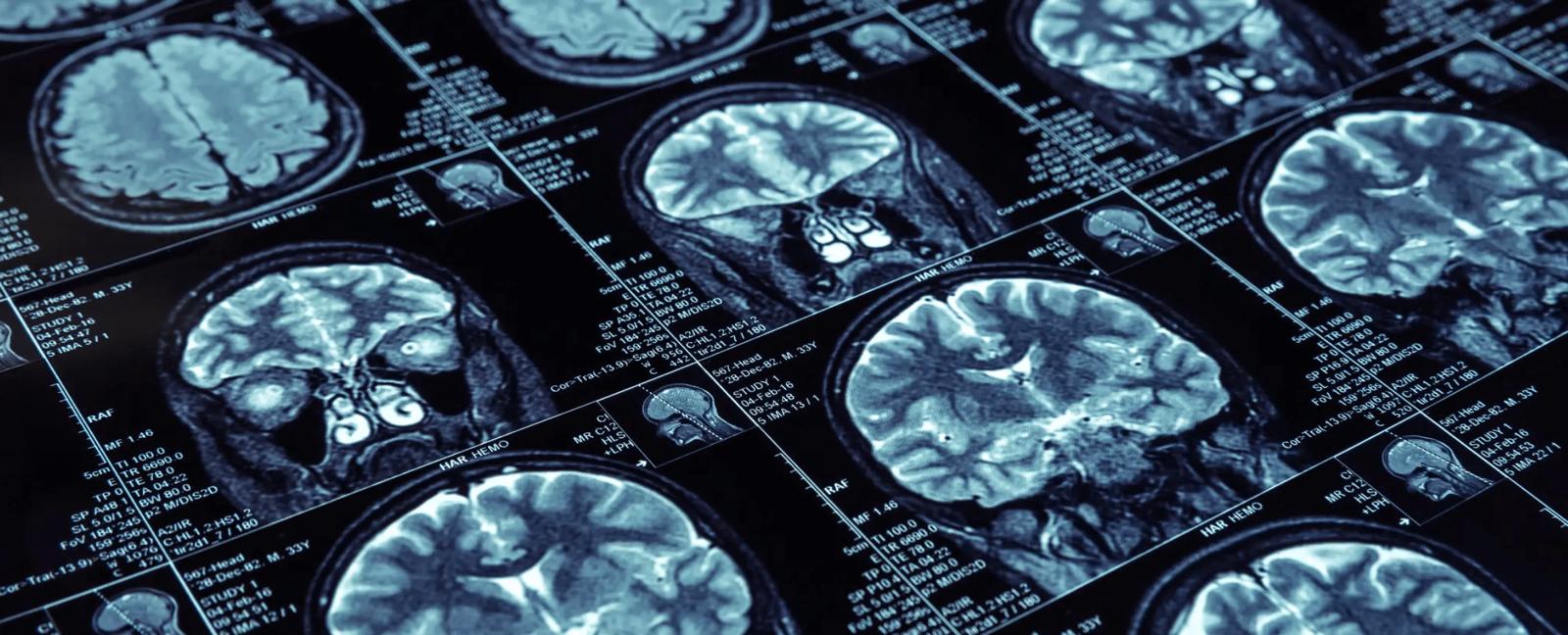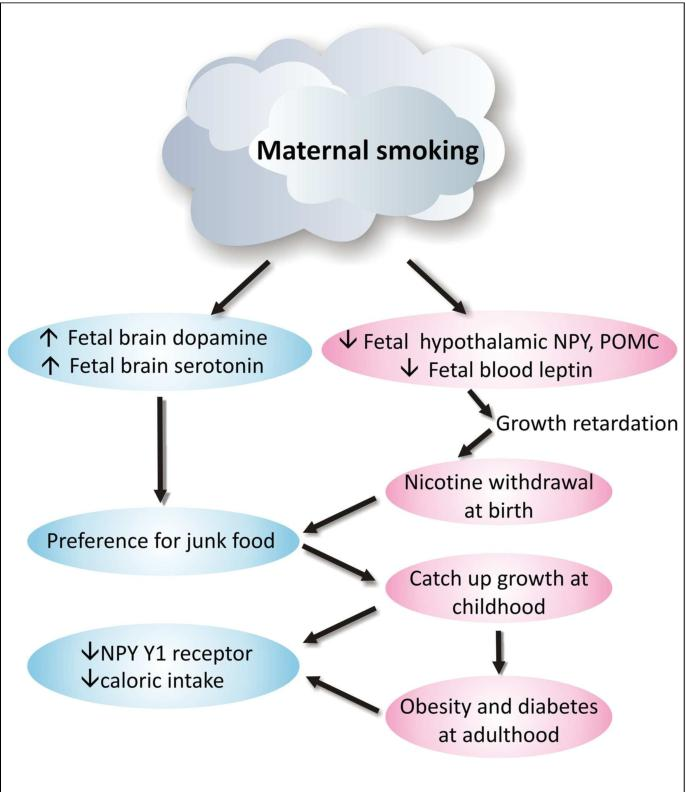From womb to risk: delving into the intricacies of how smoking habits can lead to early brain cancer in children.
Munira Hossain • 2024-05-16
Pregnancy is argued to be one of the most miraculous and remarkable natural processes there is in the human body. During pregnancy
Pregnancy is argued to be one of the most miraculous and remarkable natural processes there is in the human body. During pregnancy, women potentially change as people and develop new habitual patterns. Everyone develops habits throughout their lifetime- both good and bad.They are a way for our brain to improve efficiency by doing them automatically, without much thought. This clears up “brain space” to allow for other information to be retained, which are more prioritised subconsciously. However, poor behaviours and unhealthy habits-such as smoking and drinking- are usually due to stress and seen as a coping mechanism by many. These habits can also be impacted by cultural values, personal norms and societal pressure.
Pregnancy is seen as extremely stress-provoking for many women due to the extreme fluctuations in hormone levels and chemical imbalances within the brain, caused by the sheer amount of pressure on the body.The maternal endocrine and nervous system shift in order to support the growing baby; it changes to favour the anti-inflammatory response and although women may have less responsiveness to stress, they still feel a spike in cortisol levels due to the inflammatory response, which could have a detrimental effect on the body and foetal development overall.
In some cases, especially in deprived working class areas, women turn to smoking and drinking as a way of coping with this. The lack of education and awareness results in the overconsumption of toxins and harmful chemicals, affecting the development of their baby. According to the CDC, 1 in 5 babies are born underweight if the mother is a smoker. 15-20% of women also continue to smoke despite knowing the consequences, further proving the irreversible impacts of unhealthy habits. Due to the presence of strong tobacco and other harmful substances in the bloodstream, it is harder for the oxygen to travel through the blood and into the babies’ system, causing slower growth; preterm birth may lead to disabilities, disease or even death in newborn babies. Weaker lungs also exponentially increases their likelihood of catching a dangerous disease- one which their immune system isn’t able to adequately deal with yet.
According to the Oxford Academic, pregnant women who consume nicotine via smoking or other ingestion methods have detrimental effects on the foetus’ health. When the nicotine passes the placenta, it damages foetal blood and amniotic fluid and this leads to a drop in haemoglobin levels in the baby. As a direct impact of such chemicals, in some cases, the DNA sequence of the baby’s genes change and random mutations begin to occur. These genetic mutations may lead to proteins being miscoded.
Missense mutations occur when a single gene is changed and this results in the sequence of amino acids changing, affecting the whole DNA. Other types include nonsense mutations, frameshift mutations and chromosomal rearrangements. These alterations affect the behaviours of the cell and lead them to becoming cancerous. It causes variation in functions and produces cancer cells. Nicotine can cause other diseases, such as meningitis, which is the breakdown of the brain’s “membrane”, which causes instant or slow death in most cases. Although brain tumours due to genetic conditions aren’t very common, it may develop later in life for children whose mother was a smoker or had toxic substances in their system for an extended period of time. Solid tumours can be removed by surgery alone in children, but certain cancers such as glioblastomas and medulloblastomas in young children are harder to treat due to their sensitive nature.
To combat this, many national guidance and support schemes are being put in place to support struggling women. In 2016, the NHS introduced the “Saving Babies’ Lives Care Bundle” to bring awareness and support for stillbirth babies and neonatal death. It aims to halve the number of neonatal and infant mortality rates by 2025. Research by various international and national level oncologists, scientists and other healthcare professionals are consistently being carried out to find cures and understand the deep intricacies behind pregnancy and smoking.
References
- TheWordCounts.com - psychology of habits
- Mind Tools- overcoming negative behaviours
- National Library of Medicine
- Centres for Disease Control and Prevention- statistics on smoking
- ASH (Action on Smoking and Health)
- Oxford Academic Journal
- National Cancer Institute
See More Posts
Copyright © 2021 Govest, Inc. All rights reserved.




